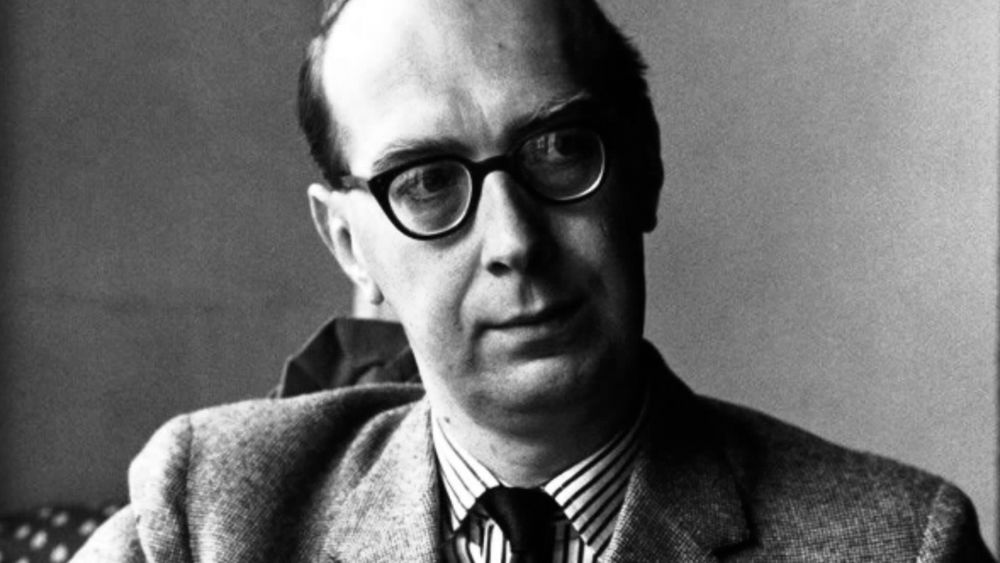Note: If you wish to receive, via e-mail, (1) my weekly newsletter or (2) daily copies of these posts, notify me at [email protected] and indicate which you would like. I promise not to share your e-mail address with anyone. To unsubscribe, send me a follow-up email.
Monday
Thanks to Kareem Abdul Jabbar’s blog, I am now acquainted with a lovely Philip Larkin poem entitled “Days.” In a very subtle way, the lyric grapples with the meaning of life, including with whether life in fact means anything at all. “What are days for?” the speaker asks.
And at first, days don’t seem to be for anything other than living in. Put that way, there’s no real difference between humans and animals since, for both, days “come, they wake us/ Time and time over.” One hears an echo of Macbeth here:
Tomorrow, and tomorrow, and tomorrow,
Creeps in this petty pace from day to day,
To the last syllable of recorded time;
And all our yesterdays have lighted fools
The way to dusty death.
Unlike Macbeth, however, Larkin then adds that days “are to be happy in.” There’s a suggestion here that he favors a Taoist acceptance of the life we have been given. But while that sounds fine, it doesn’t strike everyone as an answer. Those who are dissatisfied, Larkin observes, call in doctors and priests, the first presumably to prolong their days and the second to find cosmic meaning in them. Here’s the poem:
Days
By Philip Larkin
What are days for?
Days are where we live.
They come, they wake us
Time and time over.
They are to be happy in:
Where can we live but days?
Ah, solving that question
Brings the priest and the doctor
In their long coats
Running over the fields.
Doctors and priests, who wear long coats to signal their authority, seem out of place.There’s a Blakean drama of innocence and experience underway here. In Songs of Innocence, children play in fields, sometimes filled “with many sweet flowers.” But in “The Garden of Love,” where this is mentioned, a chapel has invaded the green while “Priests in black gowns, were walking their rounds,/ And binding with briars, my joys & desires.”
Difficult though it may be, we must strive to live each day to the fullest, treasuring what we are given without being sidetracked. After all, where can we live but days?
